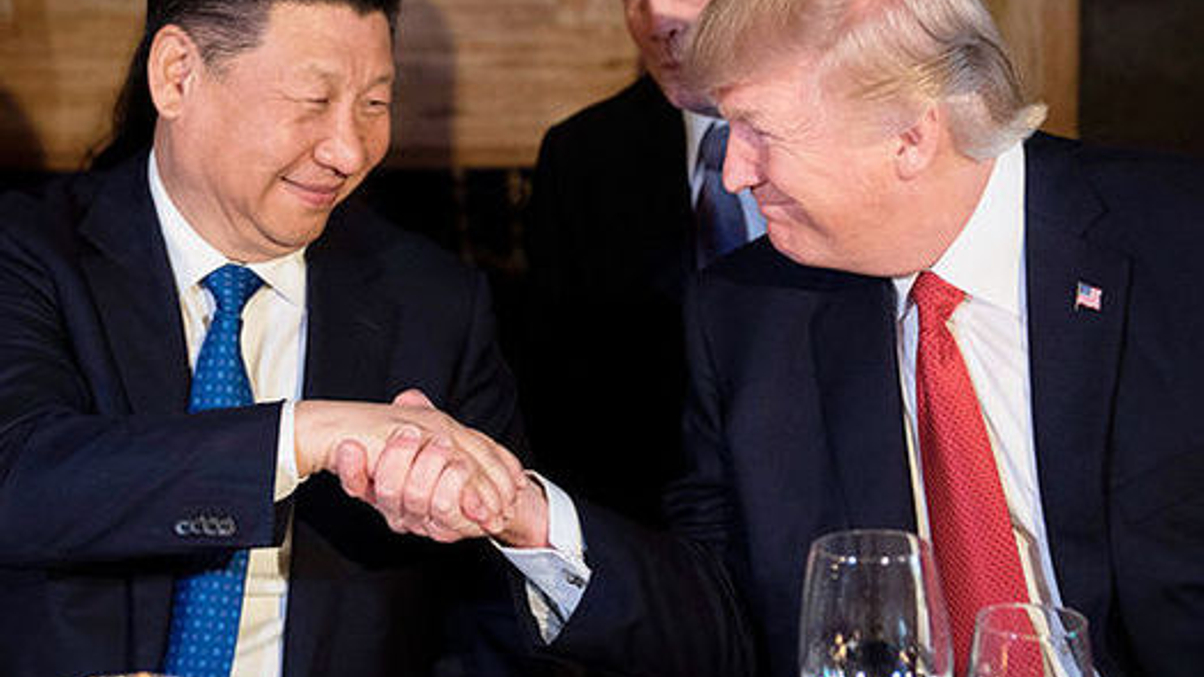Xi-Trump bromance hopes spring eternal for China bulls
Some China bullishness is beginning to re-emerge from the shadows as hopes for a trade breakthrough build. But buyers beware.

Fears of a renewed Sino-US flareup were in evidence on Thursday as public markets again slumped, but for some analysts and investors ruminating over the previous weekend's trade-war truce, things are starting to look up for Chinese assets.
Sign in to read on!
Registered users get 2 free articles in 30 days.
Subscribers have full unlimited access to AsianInvestor
Not signed up? New users get 2 free articles per month, plus a 7-day unlimited free trial.
¬ Haymarket Media Limited. All rights reserved.


